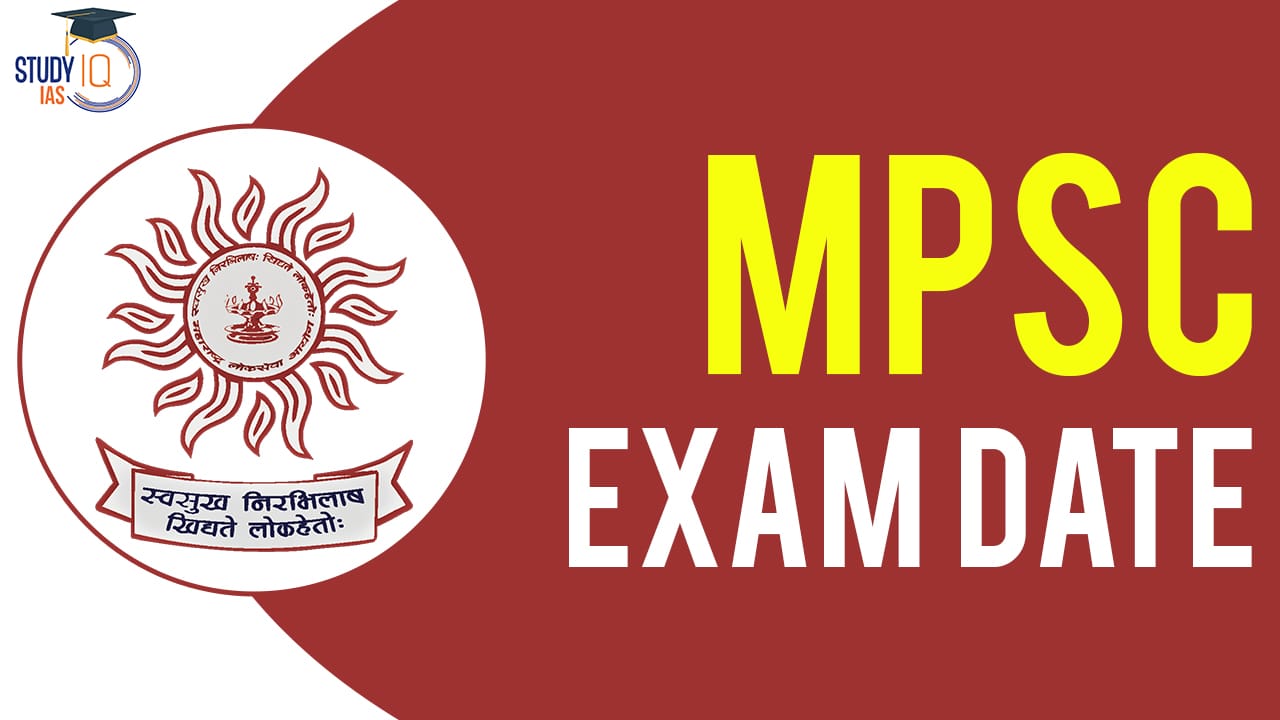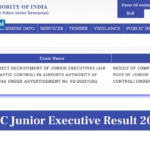The Maharashtra Public Service Commission (MPSC) is a constitutional body established to conduct competitive exams and recruit suitable candidates for civil services jobs in Maharashtra. For lakhs of aspirants across the state, MPSC is not just an exam—it’s a gateway to a prestigious, stable, and socially impactful career in public service.
With a range of exams under its purview and a competitive yet fair selection process, the MPSC continues to be one of the most respected recruitment bodies in India. In this blog, we explore everything you need to know about MPSC exams—its structure, syllabus, eligibility, preparation tips, and career prospects.
What is MPSC?
MPSC (Maharashtra Lokseva Aayog) is a statutory body under the Article 315 of the Constitution of India. It is responsible for selecting Group A, B, and C officers for the Maharashtra State Government.
The commission ensures that recruitment to various state services is transparent, efficient, and merit-based. It conducts examinations for administrative roles such as Deputy Collector, Deputy Superintendent of Police, Tehsildar, Block Development Officer, Assistant Section Officer, and many more.
Types of MPSC Exams
MPSC conducts several examinations throughout the year. The major ones include:
1. MPSC State Services Exam (Rajyaseva)
This is the most prominent and competitive exam, held for top-level administrative posts like:
- Deputy Collector
- Deputy Superintendent of Police (DySP)
- Tehsildar
- Assistant Commissioner of Sales Tax
- Block Development Officer
2. MPSC Technical Exams
These are for engineering and technical posts in various state departments:
- Assistant Engineer (Civil, Electrical, Mechanical)
- Forest Services
- Agriculture Services
3. MPSC Group B and Group C Exams
For clerical, tax assistant, and sub-inspector posts.
- PSI (Police Sub-Inspector)
- STI (Sales Tax Inspector)
- ASO (Assistant Section Officer)
- Clerk-Typist
MPSC Exam Pattern (Rajyaseva)
1. Preliminary Exam
- Objective in nature
- Two papers:
- Paper I: General Studies (200 marks)
- Paper II: CSAT (200 marks)
- Qualifying in nature
- Duration: 2 hours for each paper
2. Mains Exam
- Descriptive and objective mix
- Six papers in total:
- Marathi and English (Qualifying)
- General Studies I, II, III, and IV
- Each paper is of 150–250 marks
- Only those who clear Prelims can appear
3. Interview (Personality Test)
- Carries 100 marks
- Focus on personality, presence of mind, knowledge of Maharashtra, current affairs, and governance
Eligibility Criteria
- Nationality: Must be an Indian citizen
- Age Limit:
- General: 19 to 38 years
- OBC: Up to 41 years
- SC/ST: Up to 43 years
- Educational Qualification:
- Graduate from any recognized university
- Final-year students may apply for prelims
Some posts may require specific degrees (e.g., Engineering, Law, or Agriculture).
Syllabus Overview
Preliminary Syllabus
- Paper I – General Studies
- History of India (especially Maharashtra)
- Geography (physical, political, economic)
- Indian Constitution and Polity
- Economics
- Science and Environment
- Current Affairs (national and state)
- Paper II – CSAT
- Comprehension
- Logical Reasoning
- Basic numeracy
- Decision making
Mains Syllabus
- General Studies I – History, Geography, Culture
- General Studies II – Indian Constitution, Governance, Law
- General Studies III – Economy, Agriculture, Science
- General Studies IV – Ethics, Human Rights, Internal Security
- Marathi and English papers – Essay, grammar, comprehension
Preparation Strategy
1. Understand the Syllabus Thoroughly
Don’t just rely on books. Download the official syllabus from the MPSC portal and keep it handy. Highlight keywords and topics.
2. Build Conceptual Clarity
Use NCERTs for History, Geography, Economics, and Polity. Marathi medium students can refer to Maharashtra state board books for in-depth local content.
3. Read Newspapers Daily
Focus on Maharashtra-specific news. Regular reading of newspapers like Loksatta, Sakal, or The Indian Express (Marathi edition) is crucial.
4. Join a Test Series
Mock tests will prepare you for time management and MCQ practice. Attempt past years’ MPSC papers to get used to the exam pattern.
5. Revise Regularly
Make notes of important dates, events, constitutional articles, and current affairs. Revise them weekly to retain better.
6. Balance GS and Optional Subjects
If you’re preparing for a technical or subject-specific post (like Engineering or Forest Service), allocate time for optional paper preparation as well.
Popular Books for MPSC Preparation
- Polity – M. Laxmikanth (Marathi/English)
- Economics – Ranjan Kolambe / Ramesh Singh
- Geography – Majid Hussain / Maharashtra Board
- History – Bipin Chandra / Maharashtra State Board
- Science – Lucent’s GK / State Board
- CSAT – RS Aggarwal / Arihant CSAT Manual
Language Medium: English vs. Marathi
MPSC allows candidates to write in Marathi or English (except for language-specific papers). Marathi medium candidates often find an edge in state-specific knowledge. However, content in English is widely available and may benefit aspirants comfortable in it.
Candidates should choose the medium they are most comfortable expressing themselves in, especially for Mains descriptive answers.
Benefits of Clearing MPSC
1. Prestigious Government Job
Working as a Deputy Collector, DSP, or Tehsildar offers not just power and responsibility but also social respect.
2. Job Security
A state government job through MPSC offers life-long security, pension benefits, and periodic promotions.
3. Opportunity to Serve Society
MPSC officers directly impact people’s lives—through policy implementation, welfare schemes, disaster relief, and maintaining law and order.
4. Growth Opportunities
MPSC officers can be promoted to senior roles like IAS equivalents (through State Civil Services promotions), Secretaries, or Commissioners.
Common Mistakes to Avoid
- Ignoring the Marathi language paper, which is qualifying but essential
- Starting preparation without understanding the exam structure
- Focusing only on Prelims and neglecting Mains answer writing
- Skipping current affairs, especially Maharashtra-specific events
- Not attempting mock tests under timed conditions
Conclusion
Cracking the MPSC exam requires a disciplined approach, dedication, and a smart strategy. With increasing competition, it’s not just about studying hard—it’s about studying smart.
The Maharashtra Public Service Commission is not just an exam—it’s a life-changing opportunity to serve the public, shape policy, and make a difference at the grassroots level. If you’re ready to work hard and stay consistent, MPSC can pave the way to a truly rewarding career in public service.










